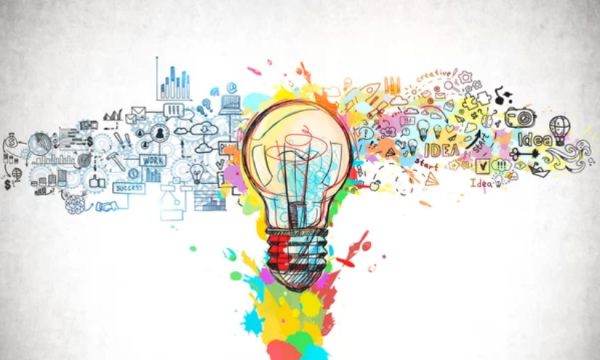29 October, 2–4 p.m. – Aula D5/110
Integrating Behavioral Economics and AI in Decision Science
— Jaime Andres Diaz Guerra
Abstract
The interaction between behavioral economics and artificial intelligence represents an emerging field aimed at understanding and modeling human decision-making from an empirical and computational perspective. Behavioral economics extends the boundaries of classical economic theory by incorporating psychological and social factors that shape decisions, acknowledging the influence of cognitive biases, heuristics, emotions, and bounded rationality. These elements help explain why individuals, under conditions of uncertainty, often deviate from fully rational or optimal behavior. In parallel, artificial intelligence provides advanced methods to represent and simulate such complex behaviors through techniques such as agent-based modeling, reinforcement learning, evolutionary computation, and deep learning. These tools enable the capture of decision-maker heterogeneity, the analysis of interactive dynamics, and the prediction of behavioral patterns in economic and social systems. The convergence of both disciplines establishes a quantitative and algorithmic framework for studying decision-making, strengthening the link between behavioral theory and computational modeling, and contributing to the advancement of a more realistic, adaptive, and human-centered decision science.

